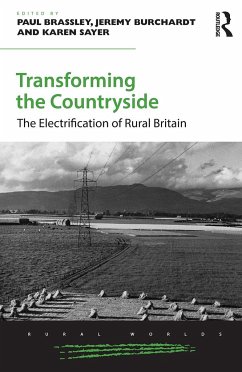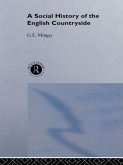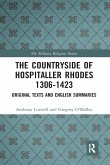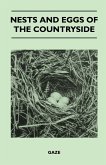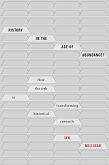It is now almost impossible to conceive of life in western Europe, either in the towns or the countryside, without a reliable mains electricity supply. By 1938, two-thirds of rural dwellings had been connected to a centrally generated supply, but the majority of farms in Britain were not linked to the mains until sometime between 1950 and 1970. Given the significance of electricity for modern life, the difficulties of supplying it to isolated communities, and the parallels with current discussions over the provision of high-speed broadband connections, it is surprising that until now there has been little academic discussion of this vast and protracted undertaking. This book fills that gap. It is divided into three parts. The first, on the progress of electrification, explores the timing and extent of electrification in rural England, Wales and Scotland; the second examines the effects of electrification on rural life and the rural landscape; and the third makes comparisons over space and time, looking at electrification in Canada and Sweden and comparing electrification with the current problems of rural broadband.
Hinweis: Dieser Artikel kann nur an eine deutsche Lieferadresse ausgeliefert werden.
Hinweis: Dieser Artikel kann nur an eine deutsche Lieferadresse ausgeliefert werden.

